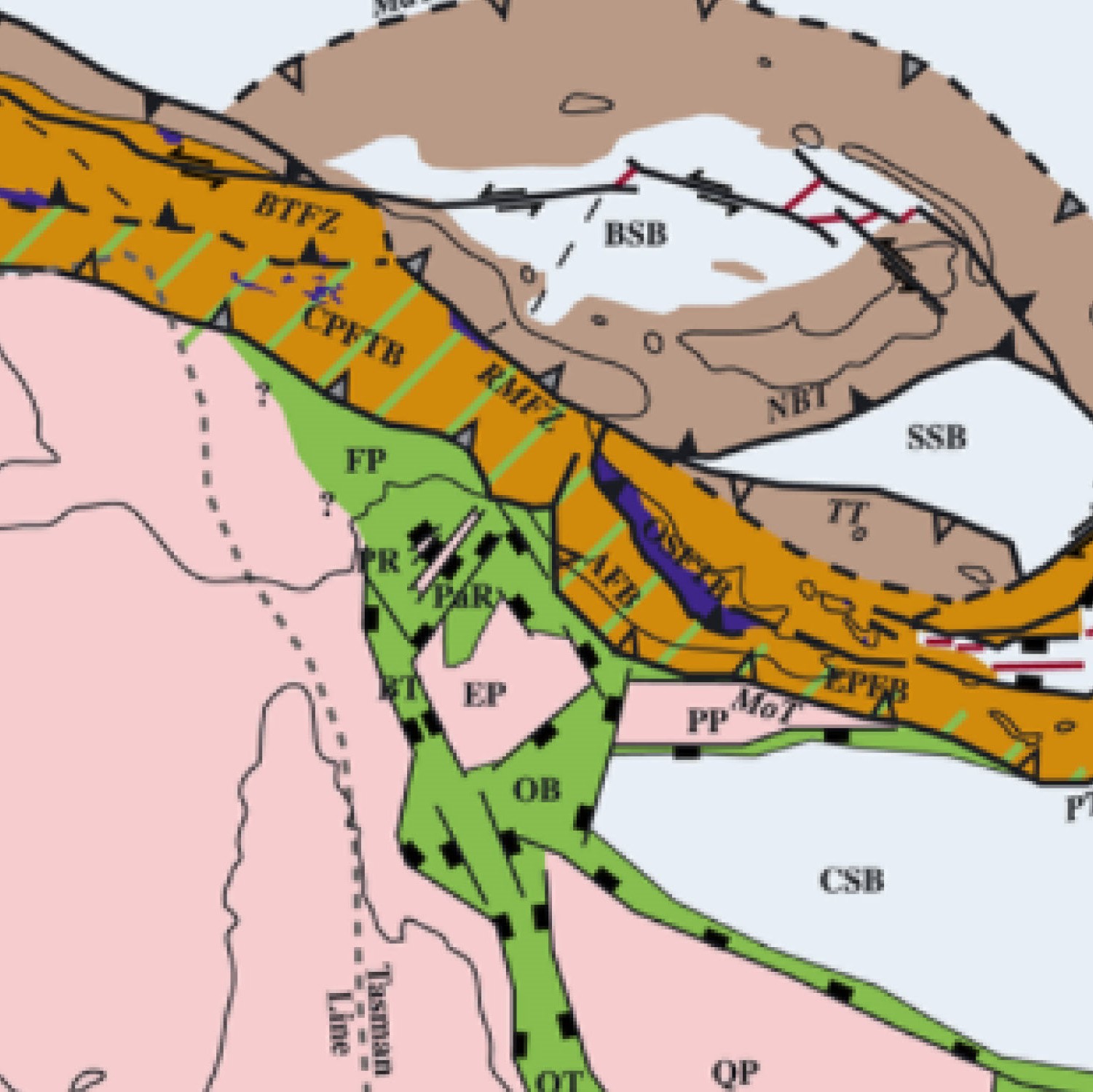Nick Ward’s accomplishments related to understanding the biogeochemical cycling of carbon fully align with the spirit of the Thomas Hilker Early Career Award for Excellence in Biogeosciences and training not only for their importance to the biogeosciences community, but also for their relevance to society given the need to better understand the coastal ocean’s role in the global carbon cycle. Nick’s work appears in high-quality journals that span the fields of hydrology, ecology, and biogeochemistry. He has creatively broadened and deepened the biogeochemical research community’s understanding of carbon cycling processes in ways that surpass the most accomplished early-career scientists. His 2016 Journal of Geophysical Research: Biogeosciences and 2019 Limnology and Oceanography Letters publications demonstrated the importance of priming effects as a mechanism for decomposition of organic matter that would otherwise be considered recalcitrant in inland and coastal waters. Nick led another already highly cited 2020 Nature Communications review article titled “Representing the function and sensitivity of coastal interfaces in Earth system models,” which draws on literature from across coastal terrestrial, wetland, and aquatic domains to propose a road map for addressing knowledge gaps in coastal science to advance Earth system models. Nick has excelled in mentoring young researchers. Although working at a national laboratory, he has proactively sought opportunities to mentor more than a dozen undergraduate and graduate students from diverse backgrounds. Although he has an extremely broad and deep understanding of carbon cycling, he is not intimidating to the earlier-career researchers. Rather, they are inspired and encouraged by him to embrace the beauty of discovery and learning provided by research. His contributions as a servant to the science community are already distinguished.
Besides his unwavering commitment to the advancement of peer-reviewed research by reviewing for more than 30 different journals, he also serves as an associate editor for four journals.
Nick’s leadership skills of listening and building consensus were critical for the development of EXCHANGE, a community driven collaborative science project focused on developing a new understanding of coastal ecosystem function. We are fortunate to have such an accomplished and talented rising star within the biogeochemical sciences community.
—Kenneth M. Kemner, Argonne National Laboratory, Lemont, Ill.

The complex interactions among soil, vegetation, and site hydrologic conditions driven by precipitation and tidal cycles control the biogeochemical...





